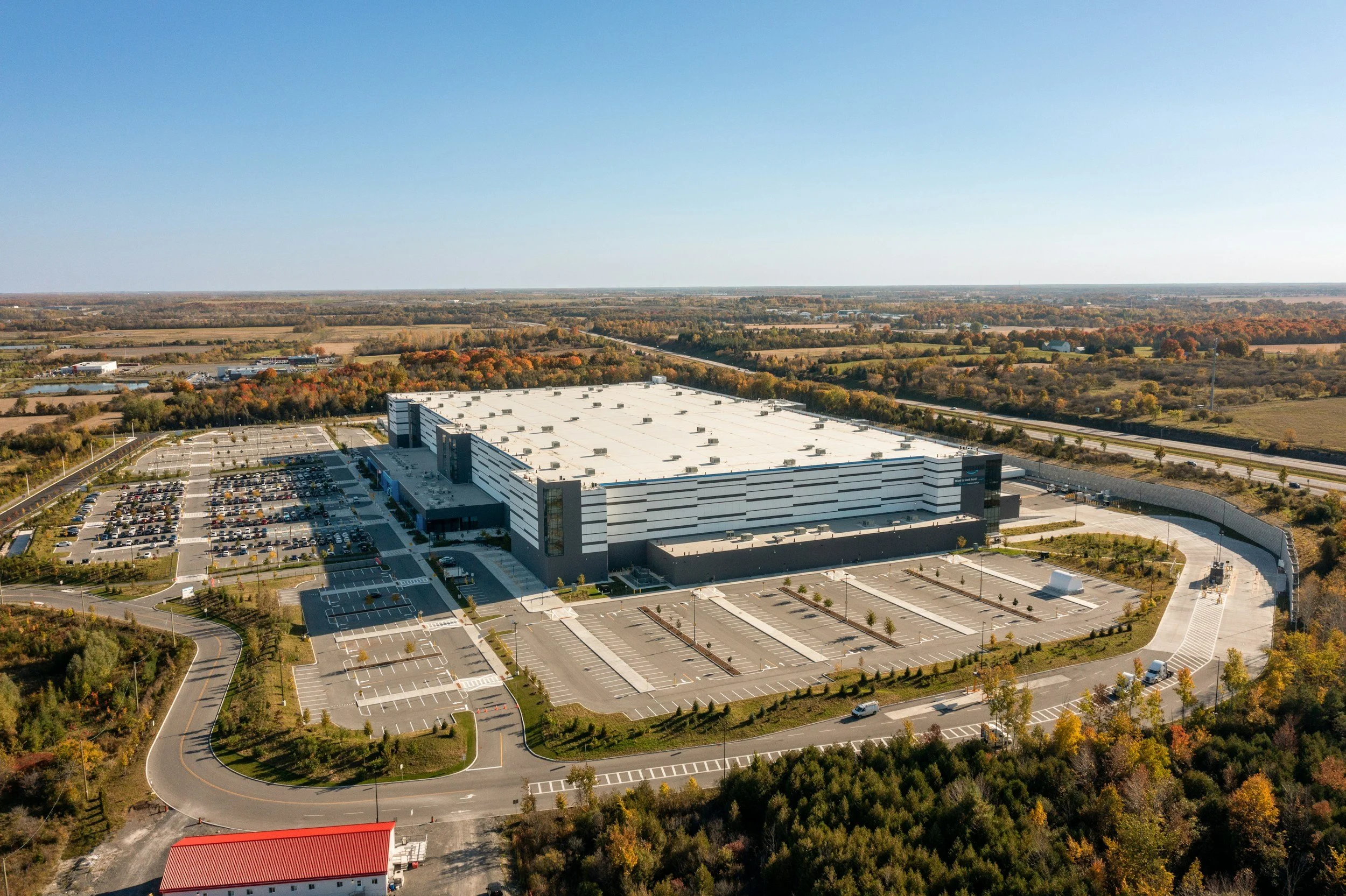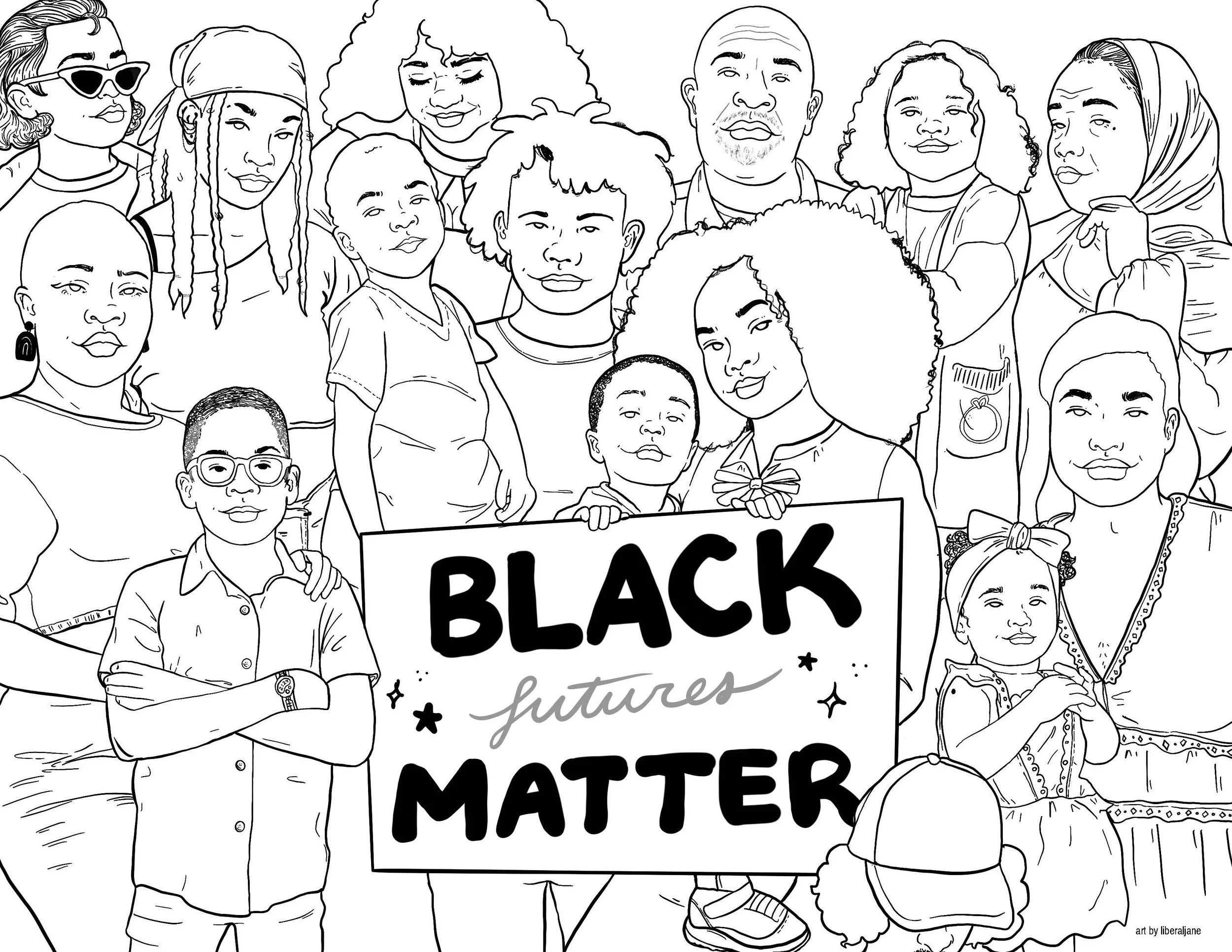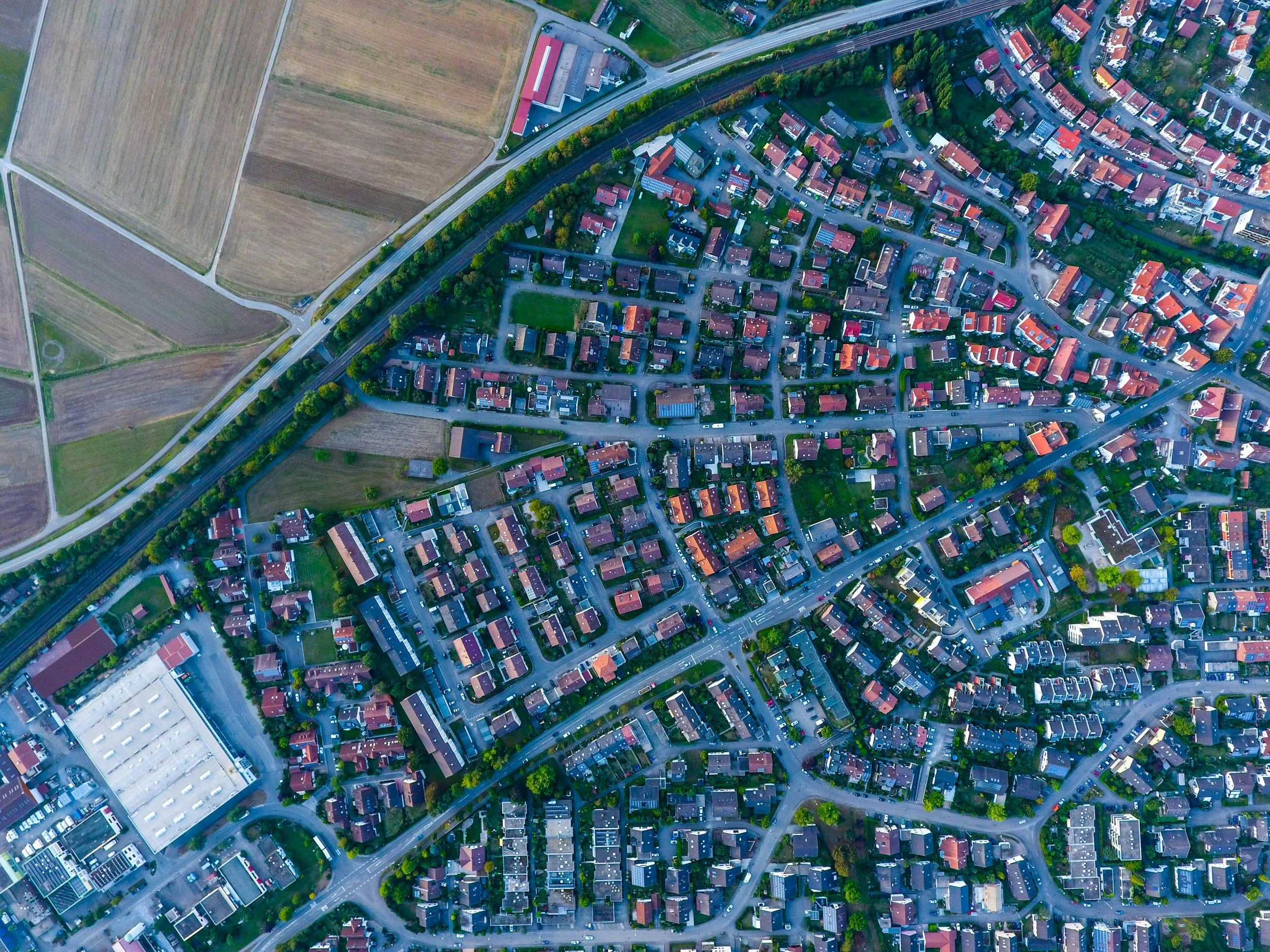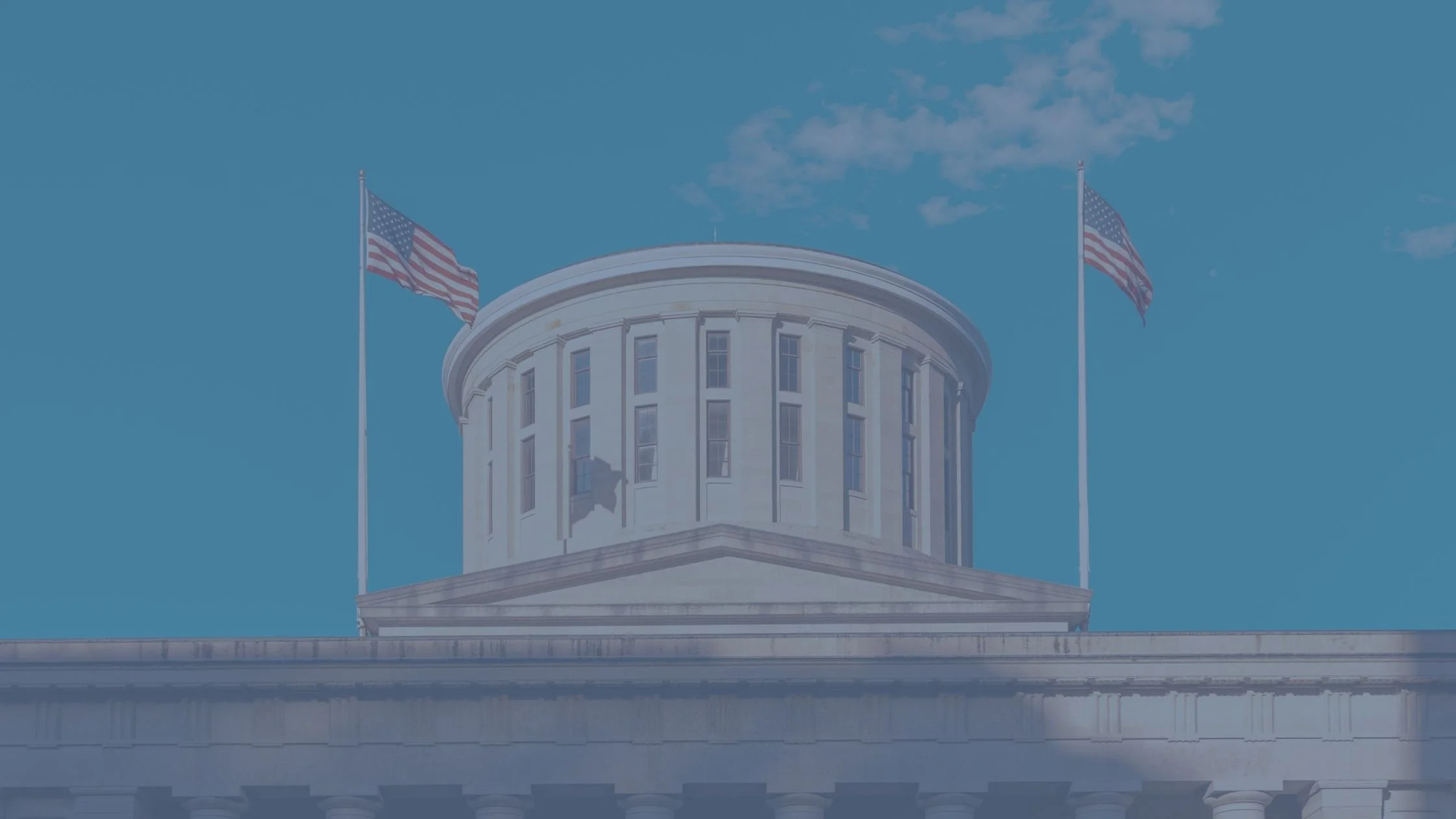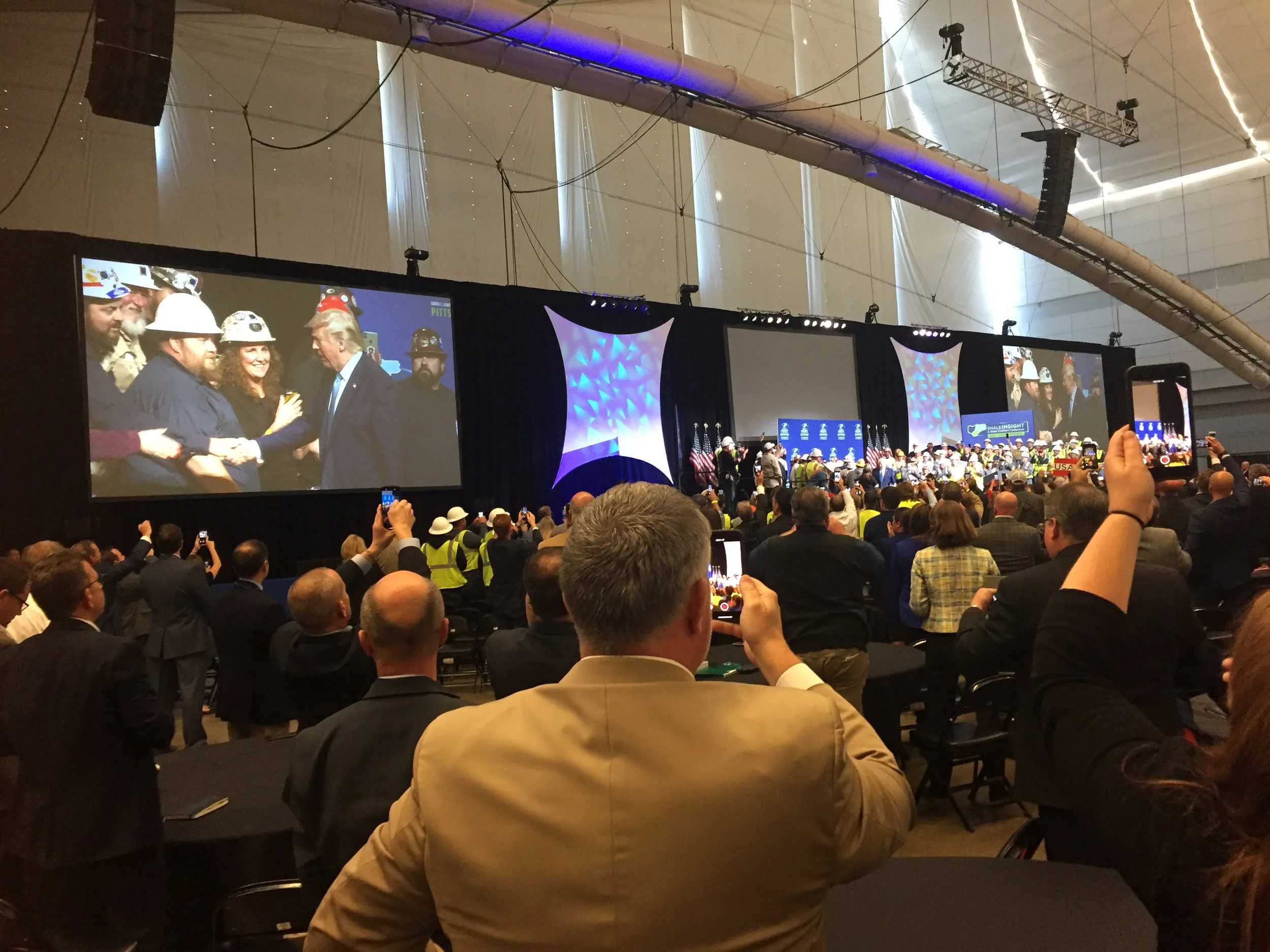At its core, EJ is about equality, mutual respect, and ensuring that no one group bears the cost of development. But despite its bearing on public policy, EJ’s principal proponents have not been judges or legislators.
Why Civic Engagement is Essential to the Continued Evolution of the Environmental Movement
In April of 2020, due to COVID-19 lockdowns, many Sunshine Laws were indefinitely suspended throughout the country. Courtrooms began to hold virtual hearings and trials over telecommunication platforms like Zoom, Skype, and Teams. The Ohio Office of Attorney General announced, “… with the COVID-19 pandemic persisting, the General Assembly passed House Bill 197 and then H.B. 404, giving public bodies the ability to meet virtually instead of in person, as required by Ohio’s Open Meetings Act (R.C. 121.22).” Public bodies were no longer required to hold in-person meetings, hearings, and trials; rather, many public meetings and hearings became virtual. While numerous states have reinstated their Open Meeting/Sunshine Laws, others have continued to utilize telecommunications and hold most of their meetings, trials, and hearings virtually.
U.S. Supreme Court Case Breakdown: Maui v Hawaii Wildlife
Building Our Communities Up by Rethinking How We Tear Them Down
Representing Our Clients at Shale Insight 2019
On October 23, 2019 I arrived in downtown Pittsburgh. Just down the street, at the same moment, many of my clients were arriving too. I parked my car and walked into the David L. Lawrence Convention Center, a beautiful building with riverfront window that gives you a perfect view of the headwaters of the Ohio River, where my clients gathered.
Fair Shake’s "By Foot Project" Comes to Life at the Huntingdon County Arts Council
Over the last two months select images from Fair Shake’s By Foot Project were on exhibition at the Huntingdon Arts Council in Huntingdon, PA.
The EHB Sends a Message to PA DEP in Marcus Hook Case
On Jan 9, 2019 the Pennsylvania Environmental Hearing Board (EHB) ruled in favor of the Clean Air Council saying that the Pennsylvania Department of Environmental Protection (DEP) broke the law when it issued Sunoco permits to build a Natural Gas Liquids facility at Marcus Hook. But what we, at Fair Shake, find most interesting is the language that they used in this decision, which sends a clear message: No more egg-slicer permitting.

